People
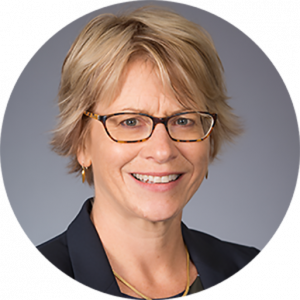
Emily Brady is a Professor of Philosophy and Director of the Glasscock Center for Humanities Research at Texas A&M. She also leads the Humanities: Land Sea Space initiative. Her research and teaching interests span aesthetics and philosophy of art, environmental ethics, eighteenth-century philosophy, environmental humanities, and animal studies. Her philosophical approach moves between the historical and contemporary, as she seeks to interpret past thinking about nature, environment, and the arts for a contemporary context. In current research, she explores interactions between aesthetics and ethics, specifically through “other-regarding” attitudes toward the natural world, for example, forms of aesthetic attention, humility, wonder, natural beauty, and the sublime. In earlier work, she focused on the place of imagination, perception, and emotion in aesthetic experience of environment. Her most recent book publications are: Between Nature and Culture: The Aesthetics of Modified Environments (with Isis Brook and Jonathan Prior, Rowman and Littlefield International, 2018), and The Sublime in Modern Philosophy (Cambridge UP, 2013).
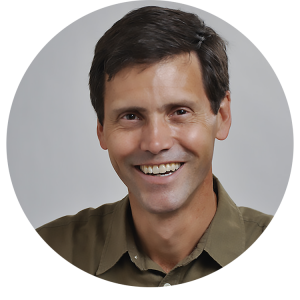
Dr. Brannstrom’s research focuses on social and political aspects of renewable energy and unconventional fossil fuels in Texas. He also studies geographical dimensions of wind-power expansion in Brazil, where he has partnered with geographers at the Universidade Federal do Ceará. He regularly hosts visiting scholars interested in theoretical and empirical dimensions of environmental governance. His work has been supported by the National Science Foundation, the National Geographic Society, Texas Sea Grant, the TAMU Glasscock Center for Humanities Research, and Brazilian funding agencies.
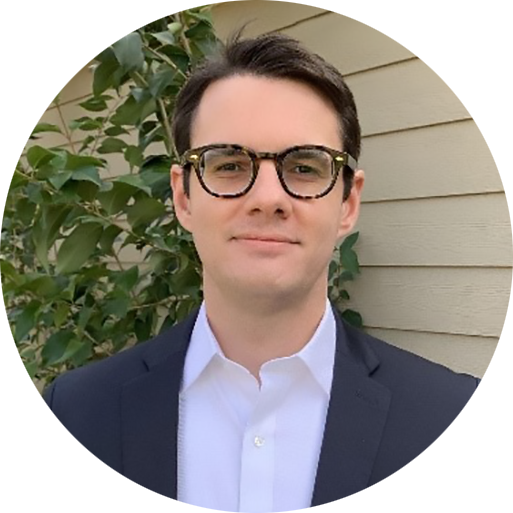
Dr. Leonardo Cardoso
Leonardo Cardoso is an assistant professor of Performance Studies at Texas A&M University. His research focuses on the relations between sound, law, and governance. Cardoso’s first book, Sound-Politics in São Paulo (Oxford University Press), shows how environmental noise in Brazil’s largest metropolis has been entangled in disputes about noise measurement protocols, legislative lobbies, law-enforcement priorities, and various types of litigation. Cardoso is currently working on a second book (tentatively titled State Acoustics in Brazil) on the multiple ways the modern state uses sound to perform. Drawing on events from 2010s Brazil, the book describes acoustic arrangements — such as wiretapping and gunshot-location technology — that have been implemented in the country with the promise of advancing a more just, transparent, and efficient state.
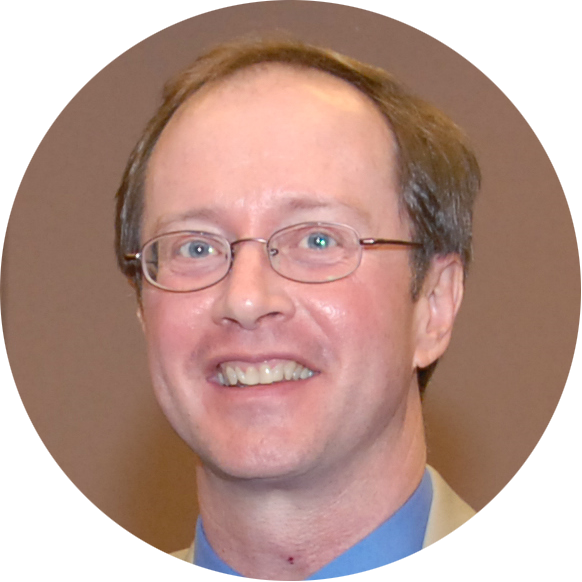
Daniel Conway is Professor of Philosophy and Humanities and Affiliate Professor of Film Studies, Religious Studies, and Law at Texas A&M University. He currently serves the University as Convener of the Working Group in Social, Cultural, and Political Theory, Liaison to the International Consortium of Critical Theory Programs, Member of the Advisory Committee of the Academy for Visual and Performing Arts, and Immediate Past President of the local chapter of Phi Beta Kappa. He is also a core faculty member in the Philosophy for Children initiative (P4C Texas) and the Space Governance Center.
Conway has lectured and published widely on topics in post-Kantian European philosophy, political theory, philosophy of religion, philosophy and literature, philosophy and film, American philosophy, law and humanities, and genocide studies. His contributions to the GCHR Humanities: Land Sea Space initiative arise from his research and teaching interests in the fields of law and humanities, science fiction, genocide studies, and space governance.

Carmela Garritano is an associate professor of International Studies and an affiliated faculty with the Africana Studies program at Texas A&M University. She is author of African Video Movies and Global Desires: A Ghanaian History (Ohio University Press), a 2013 Choice Outstanding Academic Title and winner of the African Literature Association Best First Book award, and with Kenneth Harrow, co-editor of A Companion to African Cinema (Wiley 2018). Her research has been supported by Fulbright IIE, the West African Research Association, and a TAMU Arts and Humanities Research Fellowship, and her writing has appeared in African Studies Review, Black Camera, Journal of Cinema and Media Studies, Critical Arts, The Cambridge Journal of Postcolonial Literary Inquiry, Modern Fiction Studies, and Research in African Literatures, among other places. Her current book project puts energy humanities scholarship in conversation with African film and media. It analyzes the energy worlds given expression in African cinema, a rich but overlooked repository of artistic forms that investigate the social embeddedness of energy and its entanglements with global modernity.
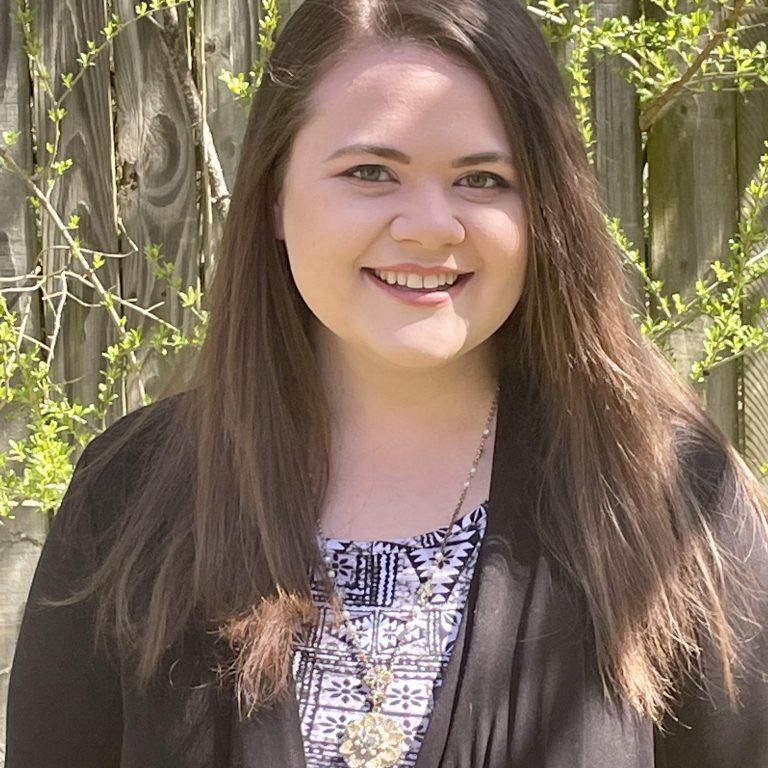
Victoria Green
Victoria is a current PhD student in the Department of Philosophy and has received an M.S. in Primate Behavior from Central Washington University. Her area of study is in animal and environmental ethics. Specifically, she focuses her research on scientific methodology and the relationship between scientists and their nonhuman animal subjects in wild, noncaptive settings. She a student in the Applied Biodiversity Science graduate certificate program and works primarily on cross-disciplinary collaborations for her research projects, including projects that speak to the ethics of conservation practices, ethics of new technologies, and how science and conservation reflect society’s relationship with the natural world.
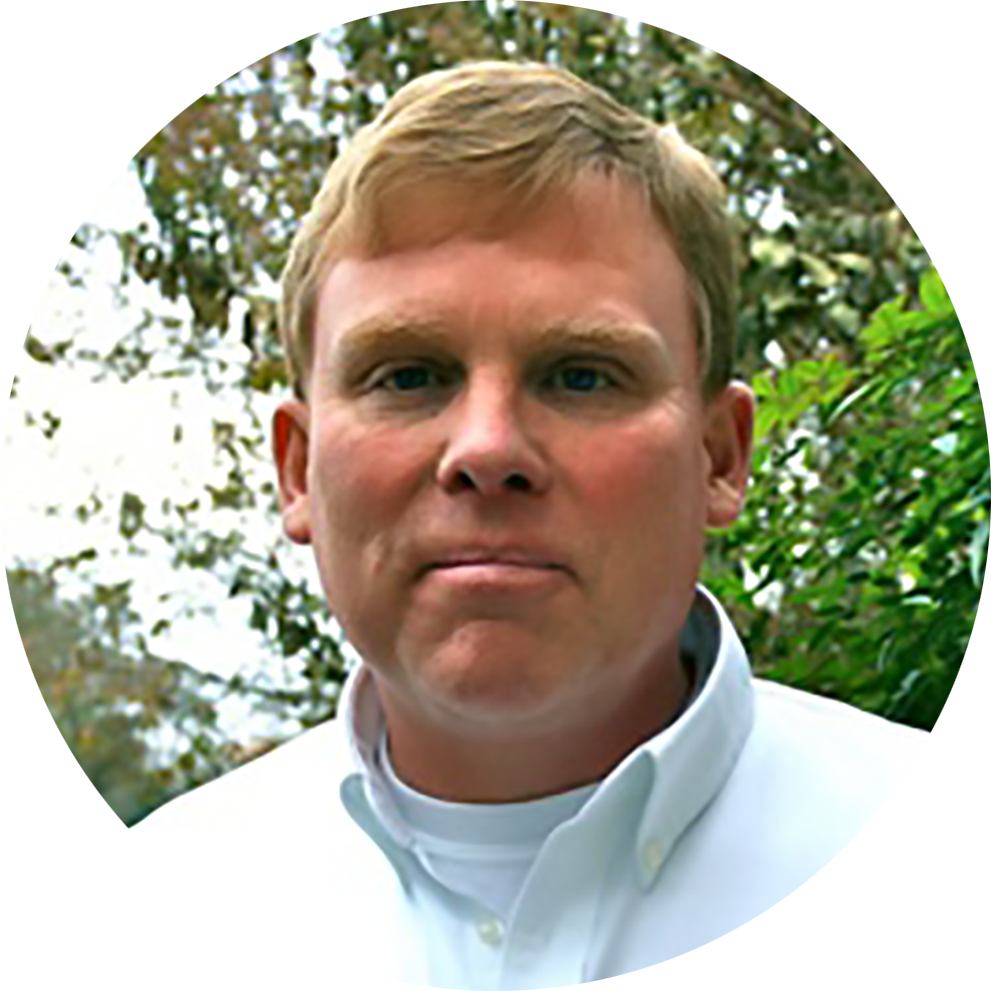
Dr. Bruce Herbert is Professor of Geology and currently serves as the Director of the Office of Scholarly Communications in the Sterling C. Evans library At Texas A&M University. As Director of OSC, Dr. Herbert is responsible for strengthening the Library’s efforts in scholarly communications and open access through engagement and collaboration with the faculty across campus at Texas A&M University.
Dr. Herbert’s scientific research explores questions concerning biogeochemical processes that mediate the interactions between human society and ecosystems, including the fate and bioavailability of contaminants, natural and human perturbations of nutrient and organic carbon, and human impacts on ecosystem functioning. In addition, Dr. Herbert is actively pursuing research that characterizes human understanding of complex earth systems; the professional development of future faculty and teachers; and the design of tertiary educational programs that promote learning for all students, develop synergy between educational and research activities, and address major societal issues. Dr. Herbert has served as the Associate Director of Geosciences in the NSF-supported Information Technology in Science (ITS) Center for Learning and Teaching at Texas A&M University, the principal investigator of the NSF Teacher Professional Continuum program entitled Professional Learning Community Model for Alternative Pathways in Teaching Science and Mathematics, PLC–MAP, and co-PI of the NSF-sponsored CIRTL Network - Shaping, Connecting, and Supporting the Future National STEM Faculty.
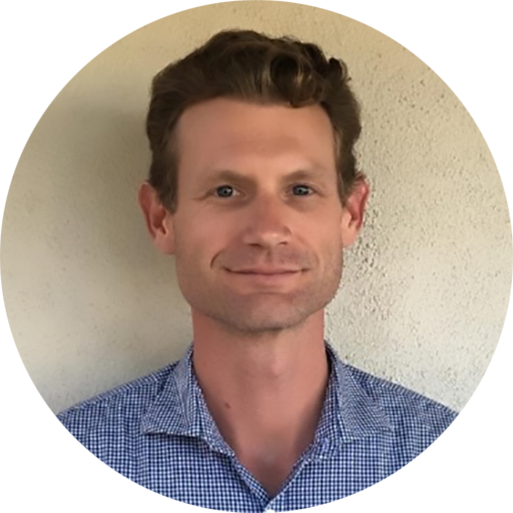
Dr. Howell received his Ph.D. in Transcultural German Studies from the University of Arizona in 2017, and currently serves as an Instructional Assistant Professor of German in the Department of International Studies at Texas A&M University. His research focuses primarily on cultural memory studies, nineteenth-century German travel literature, and the interaction between literature and the modern environmental movement. He wrote his dissertation on the Prussian scientist Alexander von Humboldt and transcultural memory, and his research has appeared in peer-reviewed publications, such as the German Studies Review.

Dr. Michelle Meyer is Director of the Hazard Reduction & Recovery Center in the College of Architecture at Texas A&M University and a faculty member in the Landscape Architecture and Urban Planning Department. She teaches graduate and undergraduate courses in urban planning, interdisciplinary hazard mitigation and disaster recovery, and research methods. Her research focuses on societal response and recovery to natural and technological hazards and disasters, including social capital, social networks, volunteering, nonprofits and philanthropy, social media, and social inequality and vulnerability. She has received over $2.7 million in external research funding from the National Science Foundation, the National Academies of Sciences, Engineering, and Medicine, and the American Planning Association. She has written 20 peer-reviewed journal articles, 13 book chapters, 24 public reports and co-authored 1 book. She was an invited speaker in the National Science Foundation Directorate for Social, Behavioral, and Economic Sciences Distinguished Lecture Series 2019-2020. She has held 2 national early-career research fellowships and is a mentor for the Next Generation of Hazard and Disaster Scholars program funded by NSF. Dr. Meyer has advised over 10 graduate students and 20 undergraduate research assistants or theses. She received her Ph.D. in Sociology from Colorado State University in 2013, and BA in Sociology from Murray State.
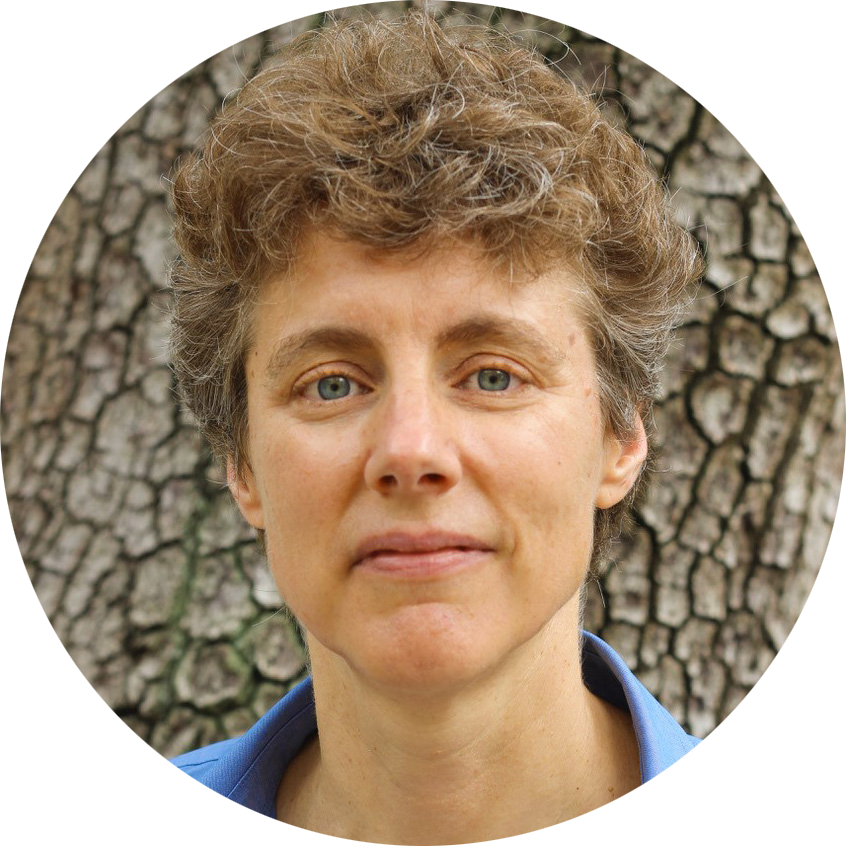
Clare Palmer is the George T. and Gladys H. Abell Professor of Liberal Arts and Professor of Philosophy. She is the author or co-author of four books, including Animal Ethics in Context (New York: Columbia University Press 2010), and has edited or co-edited a number of collections, including Linking Ecology and Ethics for a Changing World (Springer, 2014). She is also the author or co-author of more than 100 other publications, in journals ranging from the Journal of Applied Philosophy to The Veterinary Record and Trends in Ecology and Evolution. Along with four co-authors from several disciplines, she is currently working on a book project, Wildlife Ethics, contracted to Wiley-Blackwell. She was the founding editor of the journal Worldviews: Environment, Culture, Religion (Brill Academic Press) and held the position of President of the International Society for Environmental Ethics from 2007-2010. She was co-PI on the NSF grant Genomics and Society from 2012-2016 and served from 2017-2019 on a National Academies of Science, Engineering and Medicine committee on the potential for biotechnology to address forest health; this committee’s consensus report was published in 2019. She is an Associate Editor for the new British Ecological Society journal People and Nature, and she serves on the editorial board of a number of journals, including Environmental Values, The Journal of Agricultural and Environmental Ethics and Environmental Humanities.
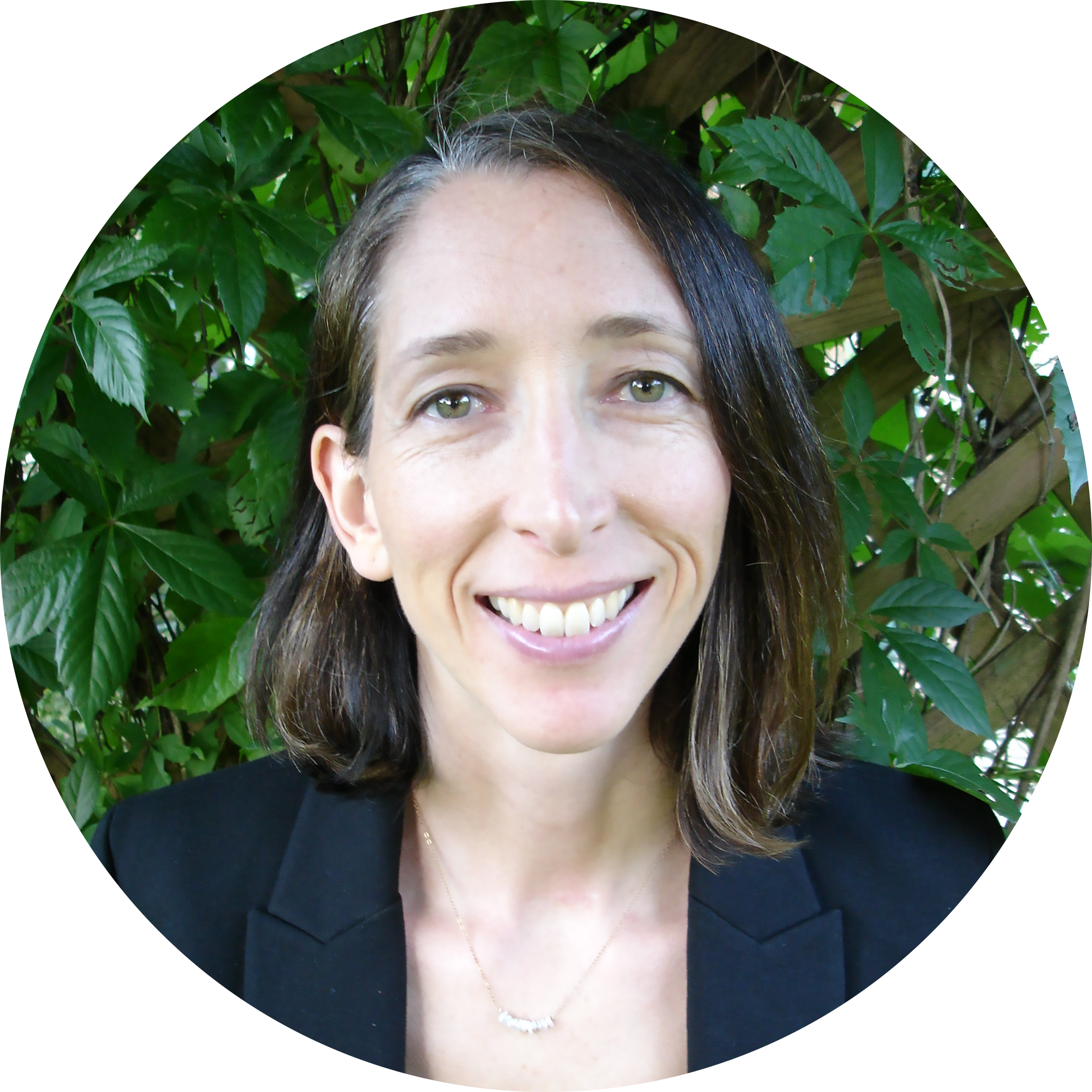
Robin Veldman is an assistant professor of Religious Studies at Texas A&M University. Broadly speaking, her work examines how religions shape attitudes toward the natural world, including whether they encourage or discourage environmentally sustainable attitudes and behavior. Her book The Gospel of Climate Skepticism: Why Evangelical Christians Oppose Action on Climate Change (UC Press 2019) argues that American evangelicals' relatively high levels of skepticism should be understood as the product of theology, subcultural identity concerns and partisan commitments. She is currently at work on a new project examining the intersection of right-wing religious nationalism and anti-environmentalism.
